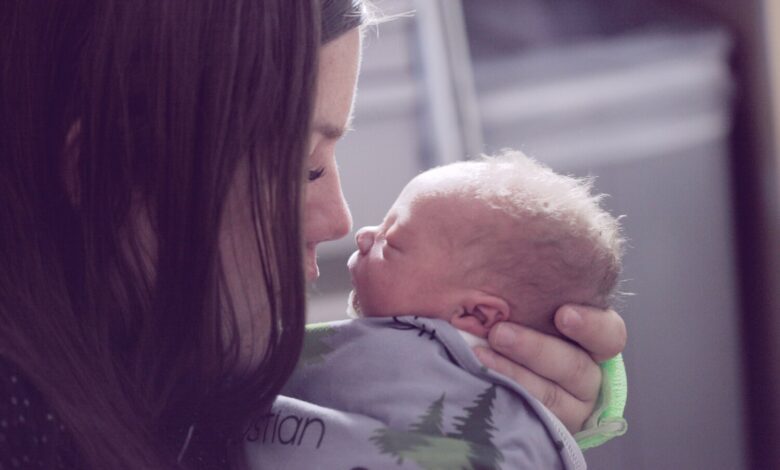It’s not about what happened, it’s about how you felt — Parent & Family Wellness Center

*inhale*
Let’s talk about the trauma of childbirth.
*exhale*
As a trauma therapist specializing in perinatal mental health, birth trauma is a topic that concerns almost all of my clients. Whether it’s in pregnancy conversations about worries or fears about what the birth experience might be like or what might happen, or it’s in postpartum processing conversations about what happened or come for someone during this life-changing event- I always feel the question of trauma looming in these conversations in the words that are not spoken.
Between the lines of what has been said, I often hear a common thread of fear:
“What if my birth was “traumatic?”
And a common thread of doubt:
“I’m not sure if my birth counts as “traumatic.”
This fear and doubt is only natural. In our culture and society, we are seriously underserved and misinformed when it comes to childbirth and trauma. We don’t talk about any of these topics nearly as much as we should and we often ignore our experiences.
So let’s talk about it!
What is trauma?
I have three favorite definitions for trauma:
-
Anything that happens “too much, too fast, too soon” or “too little, too slow, for too long.”
-
Anytime we feel out of control or threatened by our body or environment.
And perhaps my favorite definition of trauma by Gabor Mate refers to the idea that trauma may not be about threat but it is: -
“The lack of connection.”
Childbirth naturally involves a mix of these elements. Sometimes things happen too fast. Other times, things take too long. Sometimes things happen beyond our control.
We know that childbirth can sometimes involve interventions, medications, procedures, transfers, changes in plans, changes in providers, changes in settings, and the list goes on. However, it is not one of these things that inherently makes one “traumatic.” A birth can have each of these experiences and not be traumatic. In fact, for many people, these experiences can be experiences of empowerment, connection, strength, resilience, and so on. Alternatively, a birth may not have these things happen and still be traumatic for the individual.
This is because it’s not about what happened, it’s about how you felt during it.
Postpartum PTSD occurs when people develop PTSD symptoms after their childbirth experience. Research tells us that 9% of people who give birth experience postpartum PTSD after giving birth (Beck, C. et al., 2011). A 2004 study found that most people who developed PTSD following their childbirth experience had births that were considered normal by their medical providers (Beck, C., 2004). This is important because it proves why many people doubt whether or not their birth experience “counts” as traumatic, and it also tells us that birth trauma is not caused by a particular intervention, procedure , or experience. In fact, this 2004 study found that the actual causes of postpartum PTSD are:
-
A feeling of lack of care
-
A feeling of lack of communication
Because trauma is more about how you feel than what happened, there’s a lot we can do to prevent postpartum PTSD, no matter what your birth looks like. Working with a therapist during pregnancy can help you:
-
learn tools to use your nervous system to stay regulated in case something happens faster or slower than you expect
-
Identify and develop internal and external resources that help you develop a sense of connection, safety, and support
-
Learn and practice communication and advocacy skills to be more confident in asking questions about your options
-
Process your worries and fears about childbirth so you feel more empowered going into the experience
Also, if you have recently given birth and are wondering if your birth was “considered traumatic”, you are probably struggling with some symptoms of Postpartum PTSD.
Common symptoms include:
-
intrusive thoughts, memories, dreams, or feelings about the birth experience
-
feelings of anxiety at reminders of the birth experience
-
avoiding reminders of the birth experience
-
persistently increased arousal (irritability, difficulty sleeping, hypervigilance)
-
feeling isolated from others (including or without the baby).
PTSD does not always include all of these symptoms and can look different for everyone.
If you are experiencing any of these symptoms, it is 100% possible that you will feel better again. Connecting with a therapist to process your birth can help.
This article was written by Maggie Saltiel, LCSW





